Colin Parkinson
Army.ca Legend
- Reaction score
- 477
- Points
- 880
and get everyone travelling to China to sign off on the risks doing so.

Absolutely. I’m talking in the sense of not giving them what they want, and being realistic about what that will mean.The larger national interest commands that Canada vociferously, and continually, demands the release of the two Michaels, and economics be damned. Below the radar diplomacy, as has been practiced since WWII, was a viable option during the Cold War, and perhaps up until 2010. With an increasingly belligerent CCP regime, utilizing their DIME-centric approach, Canada needs to disengage, immediately.
There will be short term pains. I would hope they will be offset by a "Canada's Back" re-emergence on the world stage as a dispassionate observer and mentor, with impeccable credentials, as we once were.
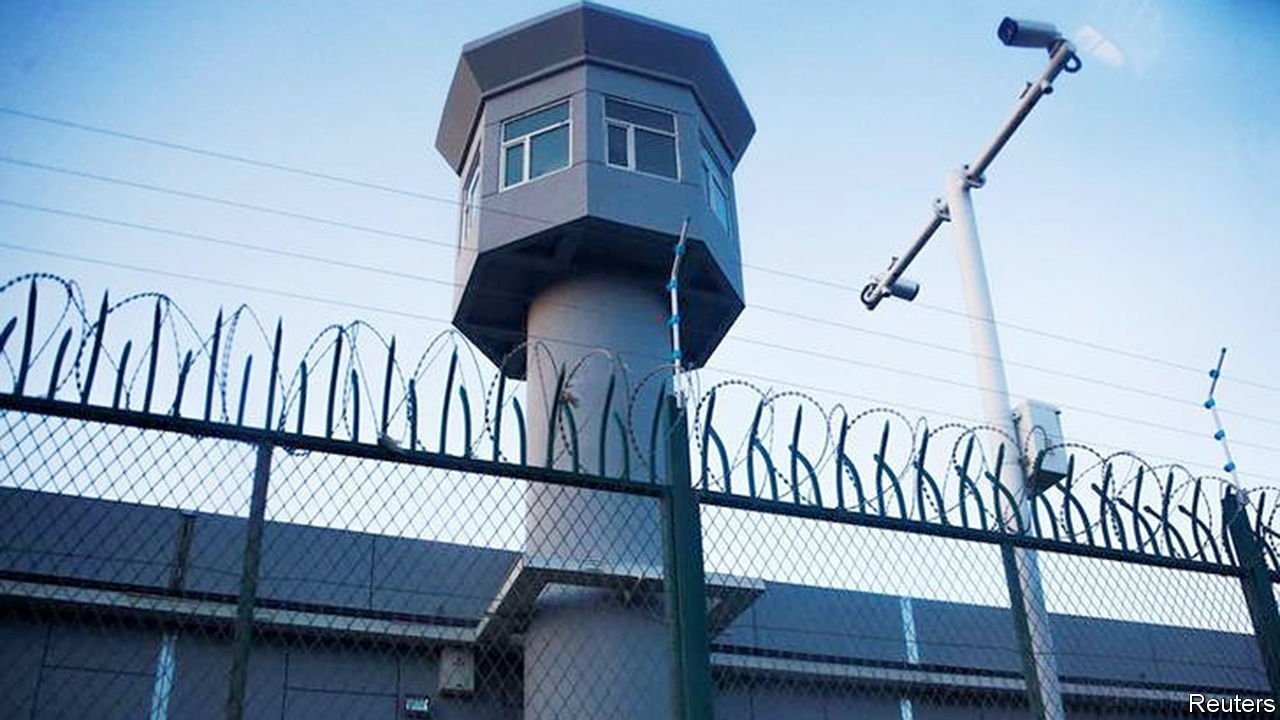
And yet everyone rolls on their backs and piddles a little when that word is used by the MCIC (man-child in charge) for the current day treatment of a certain group within Canada.I kind of agree with the Economist on this one. Words matter. They matter even more when global conflict, and 'genocide precedent' are at stake:
“Genocide” is the wrong word for the horrors of Xinjiang
To confront evil, the first step is to describe it accurately
When Ronald Reagan cried “tear down this wall”, everyone knew what he meant. There was a wall. It imprisoned East Germans. It had to come down. One day, it did. In the struggle between democracy and dictatorship, it is crucial that democracies tell the truth in plain language. Dictatorships will always lie and obfuscate to conceal their true nature. Democracies can tell it like it is. Bear this in mind when deciding what to call China’s persecution of the Uyghurs. On his last full day in office, Donald Trump’s secretary of state, Mike Pompeo, called it “genocide”. Although Joe Biden did not use that word this week in his first talk with Xi Jinping, China’s president, his administration has repeated it (see article) and lawmakers in Britain are mulling it (see article). But is it accurate?
By the common understanding of the word, it is not. Just as “homicide” means killing a person and “suicide” means killing yourself, “genocide” means killing a people. China’s persecution of the Uyghurs is horrific: it has locked up perhaps 1m of them in prison camps, which it naturally mislabels “vocational training centres”. It has forcibly sterilised some Uyghur women. But it is not slaughtering them.
Calling it genocide depends on a definition rooted in a un convention which suggests that one need not actually kill anyone to commit it. Measures “intended to prevent births”, or inflicting “serious bodily or mental harm” will suffice, if their aim is “to destroy, in whole or in part, a national, ethnical, racial or religious group”. How large a part is not specified. In principle it is, alas, possible to imagine the destruction of an entire people by, for example, the systematic sterilisation of all women. But if conventions are worded with unusual broadness, they must also be used with special care. Until now, America’s State Department had applied the “genocide” label only to mass slaughter, and even then it often hesitated, for fear that uttering the term would create an expectation that it would intervene. It did not call Rwanda’s genocide a genocide until it was practically over.
America’s political rhetoric has thus undergone a dramatic shift, which has profound implications for the world’s most important bilateral relationship. By accusing China of genocide, it is sending the signal that its government has committed the most heinous of crimes. And yet at the same time it is proposing to deal with it over global warming, pandemics and trade.
Some campaigners think the rhetorical escalation is nonetheless wise. It will stoke useful outrage, they argue, rallying companies to shun Chinese suppliers and countries to boycott next year’s Winter Olympics. On the contrary, it is more likely to be counter-productive. For a start, it accomplishes nothing to exaggerate the Communist Party’s crimes in Xinjiang. Countless true stories of families torn apart and Uyghurs living in terror appal any humane listener. When ordinary Han Chinese hear them, as a few did on Clubhouse, a new social-media platform, which China has rushed to block, they are horrified (see article). By contrast, if America makes what sound like baseless allegations of mass killing, patriotic Chinese will be more likely to believe their government’s line, that Westerners lie about Xinjiang to tarnish a rising power.
Democracies face an unprecedented and delicate task when they deal with China, which is both a threat to global norms and an essential partner in tackling global crises such as climate change (see article). To refuse to engage with it is to endanger the world economy and the planet.
Mr Biden is right to decry China’s abuses, but he should do so truthfully. The country is committing crimes against humanity. By accusing it of genocide instead, in the absence of mass murder, America is diminishing the unique stigma of the term. Genocide should put a government beyond the pale; yet American officials will keep doing business with the regime they have branded genocidal. Future genocidaires will take comfort.

“Genocide” is the wrong word for the horrors of Xinjiang
To confront evil, the first step is to describe it accurately | Leaderswww.economist.com
Good diplomacy presupposes that both, or all parties are seeking the most beneficial, or least harmful outcome.No.
I'm no fan of the 'National Man Baby', but the principles of good diplomacy suggests that they take the middle ground - for now (which must be really p*ssing off that sanctimonious, virtue signalling little pr*ck).
"A Liberal government source speaking on background said the cabinet abstained to draw a distinction between the government’s view and Parliament’s and to continue to address the issue diplomatically. Cabinet wants to address it with allies alongside the other issues Canada has with China, including the ongoing detention of Michael Spavor and Michael Kovrig."
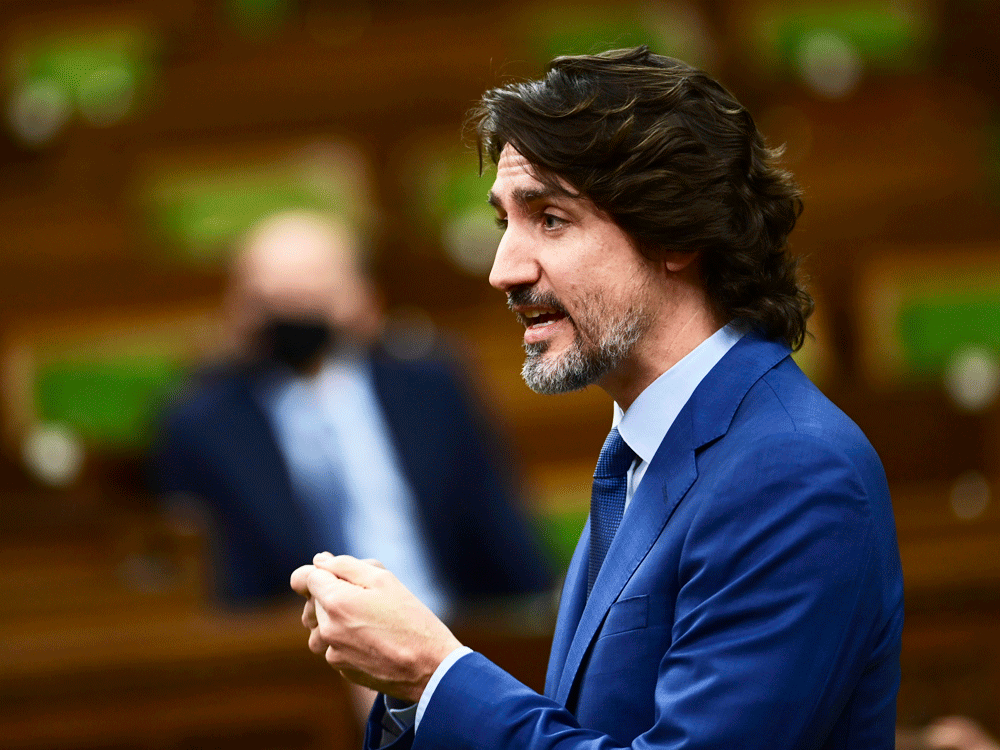
Commons vote on genocide in China likely to draw rebuke from Beijing: expert
Other than Liberal cabinet ministers who abstained or failed to show, the motion received unanimous support, with many backbench Liberals voting in favournationalpost.com
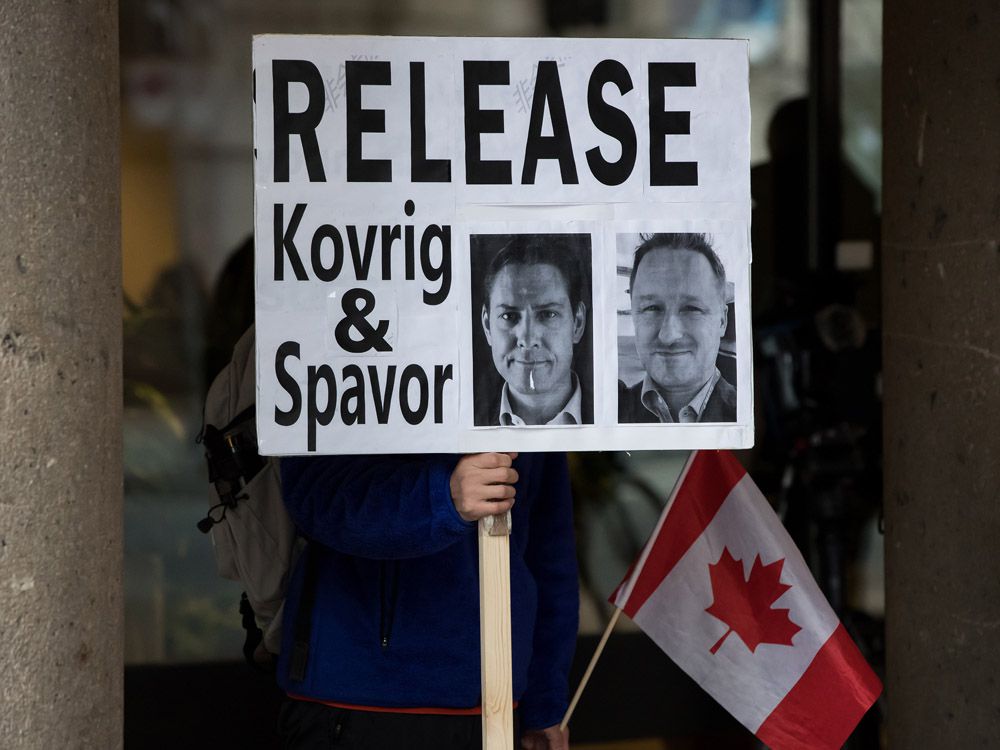
/imageserve/605d861286d48ff73f35fb08/0x0.jpg)
 www.forbes.com
www.forbes.com
Not sure how anyone else is interpreting this, but this looks a heck of a lot like they are building a strategic minerals reserve. If I were Taiwan steps like this would make me feel increasingly nervous and I would be bumping up my military spending in a hurry. I have a bad feeling Xi is guy who wants a legacy and "taking back Taiwan" regardless of the cost, is something that may fit his personality profile.
/imageserve/605d861286d48ff73f35fb08/0x0.jpg)
The Moly Mystery. Why Is China Soaking Up The World’s Molybdenum?
China has soaked up a global surplus of molybdenum, a metal with a number of interesting uses ranging from oil drilling pipe to armaments.www.forbes.com
"On Monday, a reconnaissance flight by the Philippine Air Force showed that 183 of them were still there. So, you basically have around 200 vessels that have been there for weeks now," says Jay Batongbacal, director of the University of the Philippines Institute for Maritime Affairs and Law of the Sea.
"Satellite photos also show that the decks of these vessels are very, very clean. It's as if they're brand new," Batongbacal says.
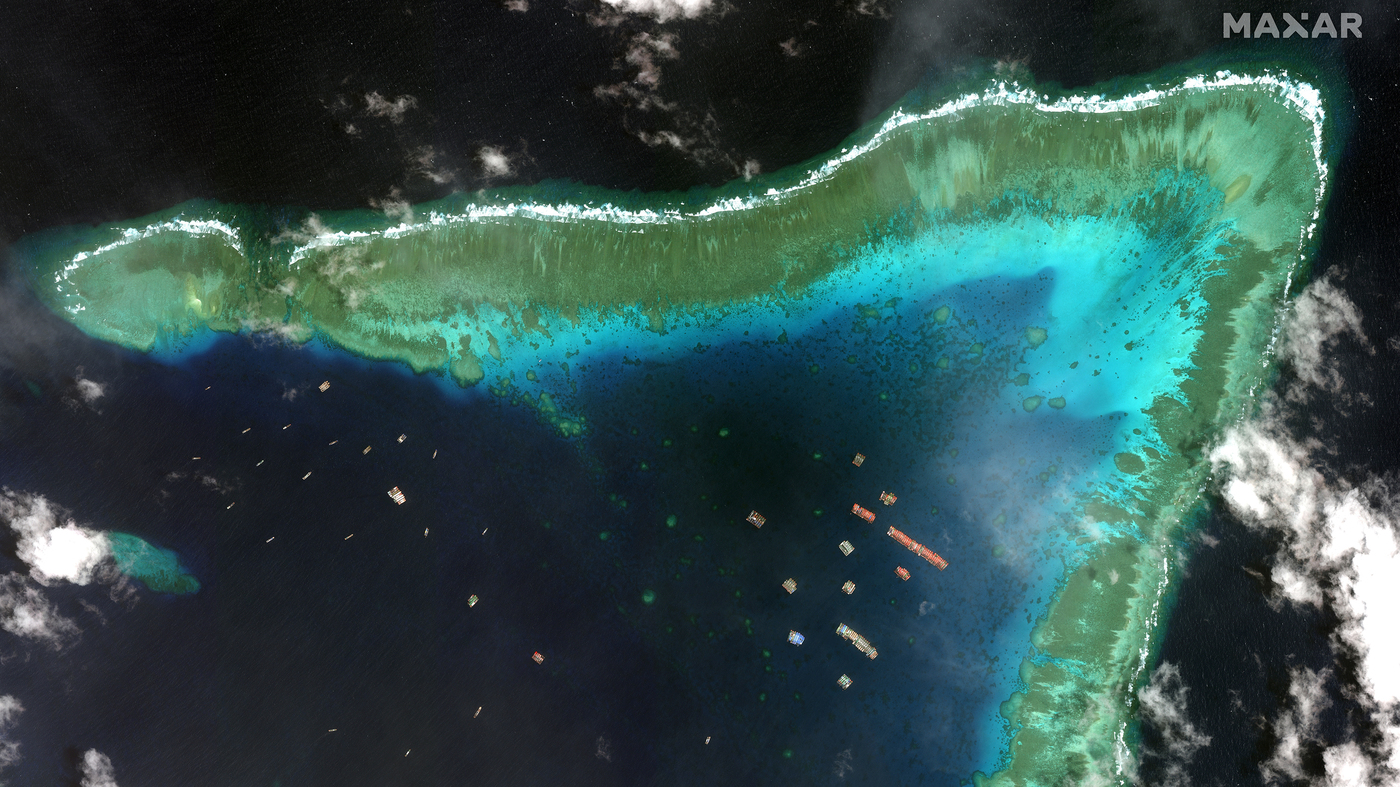

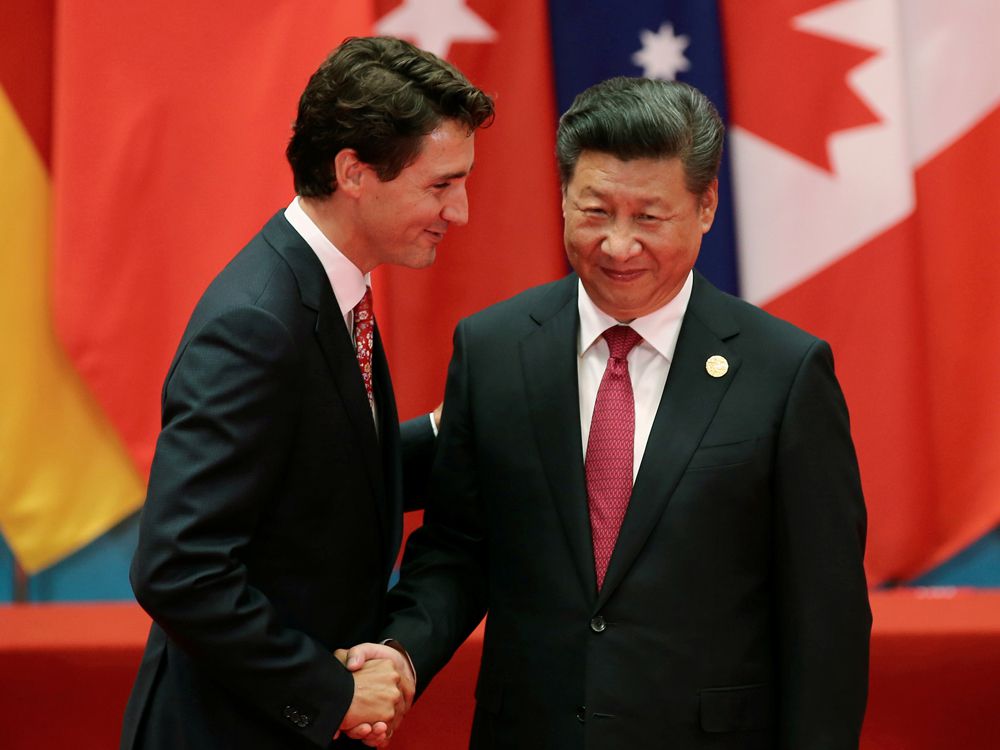
China's response to the USMC's Littoral Strategy?
USMC makes great play over revamping its structure to assist the USN in a containment strategy based on high tech missiles/EW/GBAD predicated on 30 Offshore Supply Vessels to be developed and delivered in the near future - assuming budget, congress and administrative approval.
US expressed intention is to develop a capability that can be deployed assuming the locals surrounding China agree that it may be deployed.
Meanwhile China builds 200 comparably sized trawlers - potential lily pads like the Marines potential OSVs - and parks them on the door step of one of the neighbours whose permission to deploy the US will require.
Homes for the PLA, missiles and drones -
The US May. The Chinese Do.
View attachment 64791
View attachment 64792

Chinese Ship Deployment Roils South China Sea
China has provoked international alarm by massing ships in the South China Sea near a reef claimed by both China and the Philippines. Manila protested, calling for the flotilla's immediate withdrawal.www.npr.org
And concurrently they orchestrate a Nuclear Attack run in the straits between Taiwan and the Phillipines.

Taiwan reports largest incursion yet by Chinese military aircraft
Defence ministry says 20 aircraft entered its air defence identification zonewww.theguardian.com

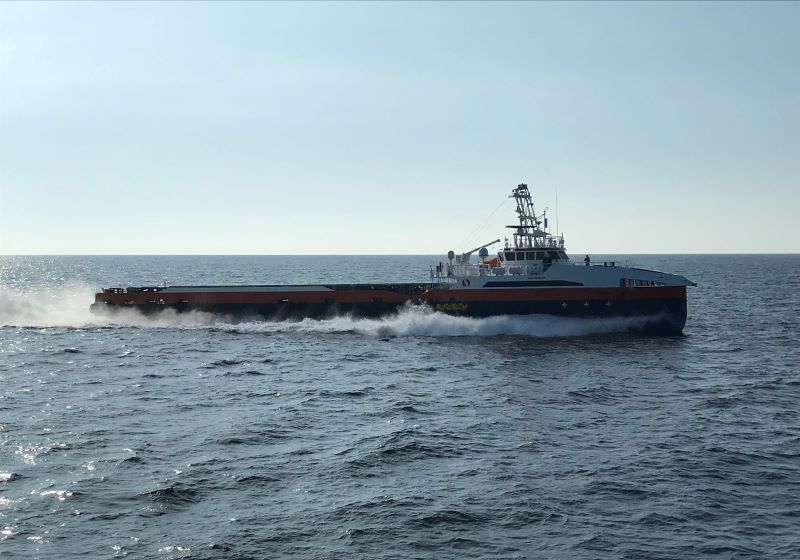
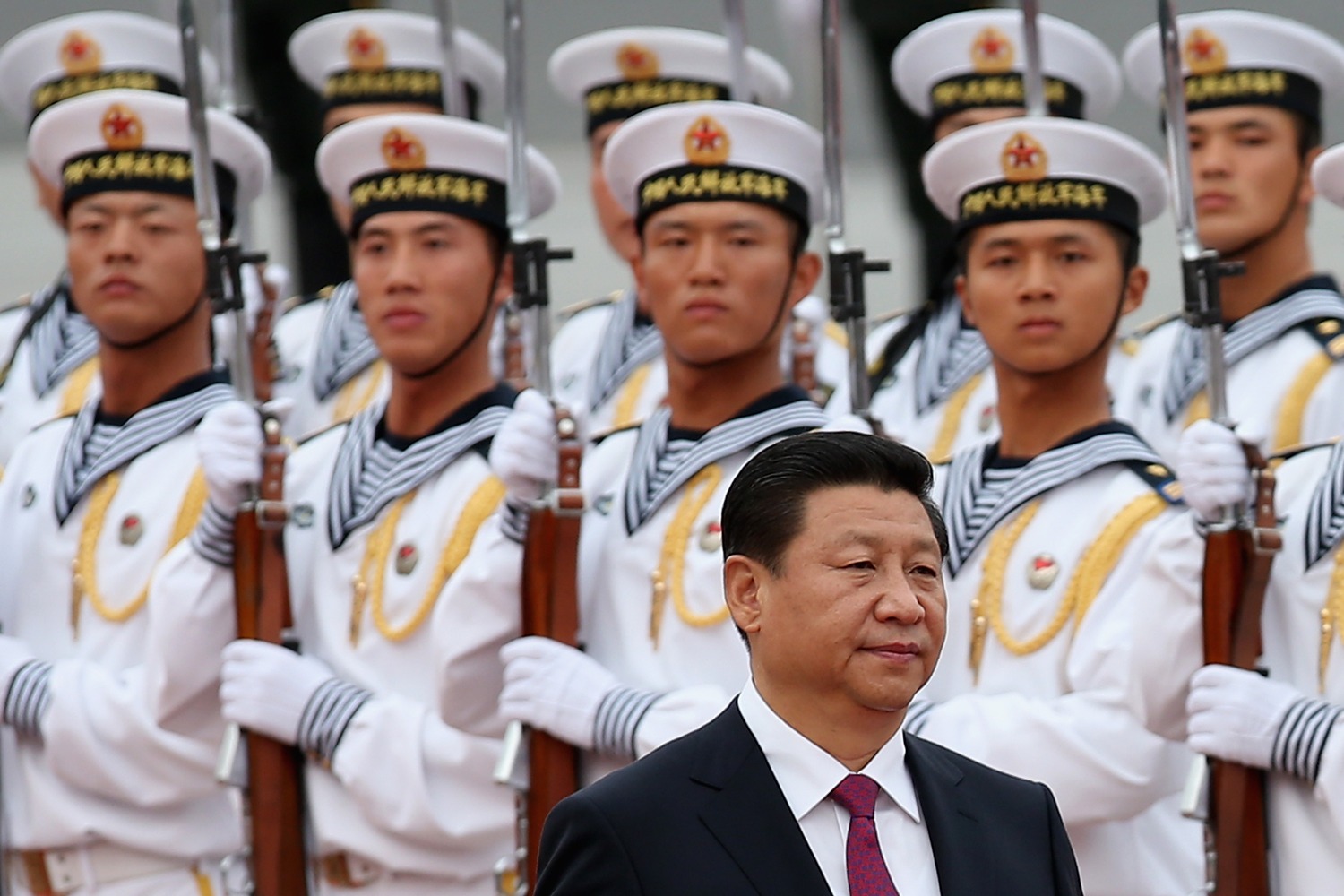
/imageserve/605df4fcaa1a15f7999d9140/0x0.jpg)
 www.forbes.com
www.forbes.com
Apparently the Philippines can move in the bailiffs. The Chinese government says that the ships at Whitsun Reef aren't officially government boats. They are innocent commercial fishermen.
Innocent fishermen intruding in the UN recognized Philippine Economic Exclusion Zone.

Records Expose China’s Maritime Militia at Whitsun Reef
Beijing claims they are fishing vessels. The data shows otherwise.foreignpolicy.com
And in related news
Things are looking more fraught. A proposed US Army Taiwan Tripwire - for Canadian consumption think "Hong Kong Brigade" or "Singapore".
Personally I think that is a job for the Marines and their new Littoral Regiments. They don't need to wait for their Light Amphibs. The Air Force, the JHSVs and LCSs would get them to the coal face from Okinawa in short order. At least before the bullets start flying.
/imageserve/605df4fcaa1a15f7999d9140/0x0.jpg)
Taiwan Tripwire: A New Role For The U.S. Army In Deterring Chinese Aggression
A single U.S. Army brigade combat team stationed on Taiwan could make the difference between war and peace.www.forbes.com